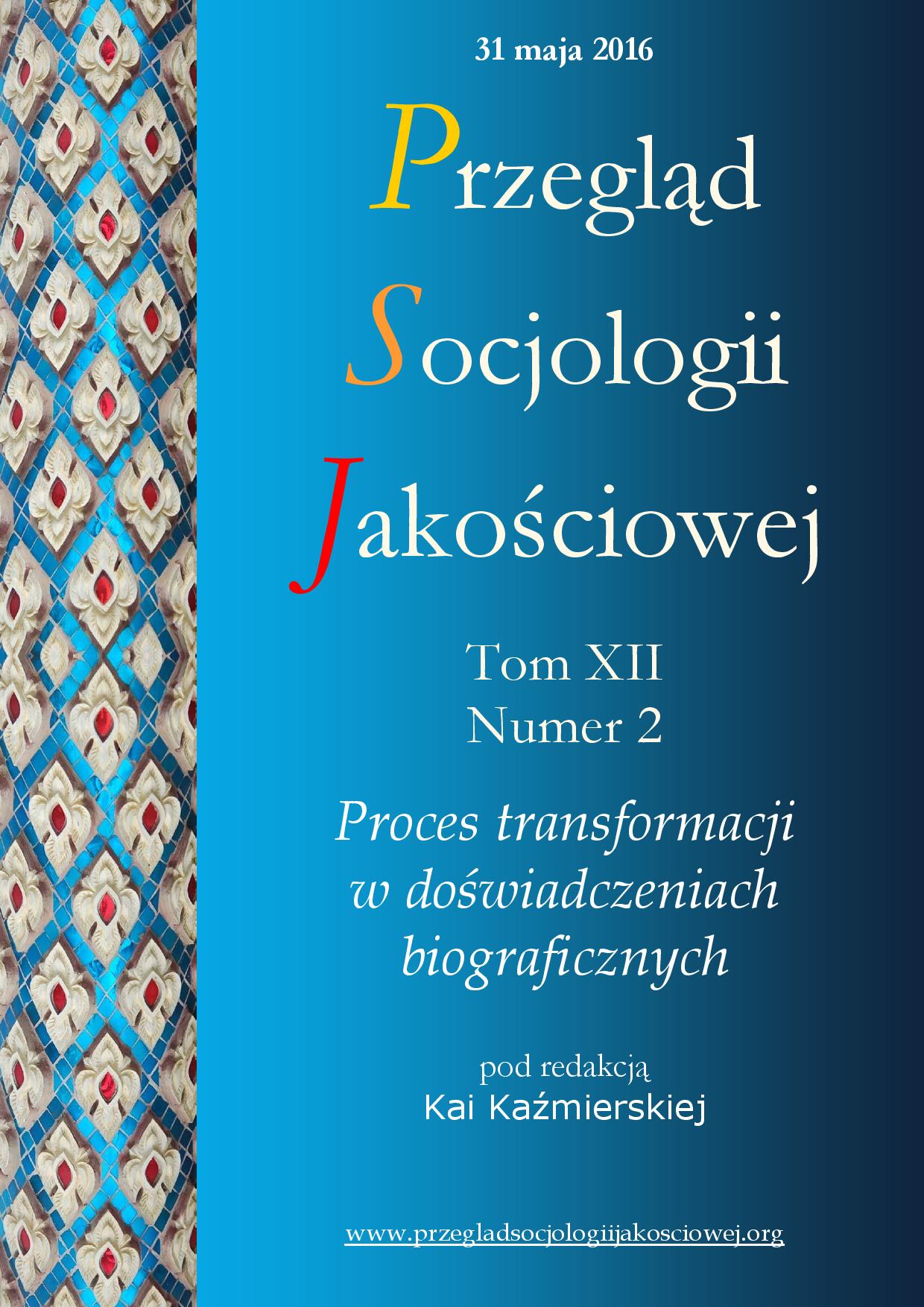Normalizacja prekaryjności? Doświadczenia biograficzne młodych pracowników zatrudnionych w ramach elastycznych form zatrudnienia
Normalisation of Precariousness? Biographical Experiences of Young Workers in the Flexible Forms of Employment in Poland
Author(s): Adam Mrozowicki Subject(s): Social history, Transformation Period (1990 - 2010), Financial Markets, Business Ethics, Socio-Economic Research
Published by: Uniwersytet Łódzki - Wydział Ekonomiczno-Socjologiczny
Keywords: Precarious Employment; Biographical Experiences; Young People; Counter-Movement; Poland;
Summary/Abstract: This article explores interpretive practices and life strategies related to the flexibilisation of employment in Poland. The socio-economic background for workers’ biographical experiences and coping patterns can be defined in terms of a shift from the socialist type of Fordism to the capitalist, neoliberal, flexible labor regime. In 2015, Poland remained the leader in the EU in terms of the share of employees with temporary contracts in total employment. Yet, despite the expansion of precarious employment, the Polish workers were, until recently, not too prone to protest. This paper explains this apparent paradox by analyzing the meanings given to the changing nature of employment by workers themselves in the context of their overall biographical experiences. The empirical basis are 24 biographical narrative interviews collected within a mini-research project on non-unionized young (18-29) workers in services in the city of Wrocław, in South-Western Poland (in 2013). The analysis documents some level of “normalization” of unstable employment among young precarious employees for whom it became an important aspect of their “taken-for-granted” assumptions related to their occupational careers. Simultaneously, the research demonstrates the biographical and social limits of “normalization of precariousness” and suggests that the “disenchantment” with flexibility can (in some cases) contribute to greater support for various collective counter-movements (Karl Polanyi). In the article, both the normalization and disenchantment with market flexibility are discussed with the reference to selected biographical cases.
Journal: Przegląd Socjologii Jakościowej
- Issue Year: XII/2016
- Issue No: 2
- Page Range: 94-112
- Page Count: 19
- Language: English

